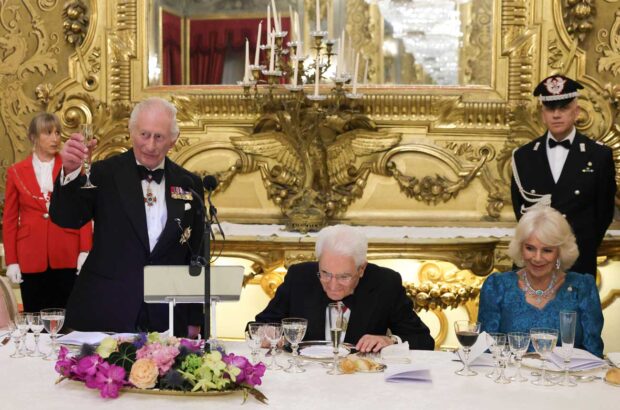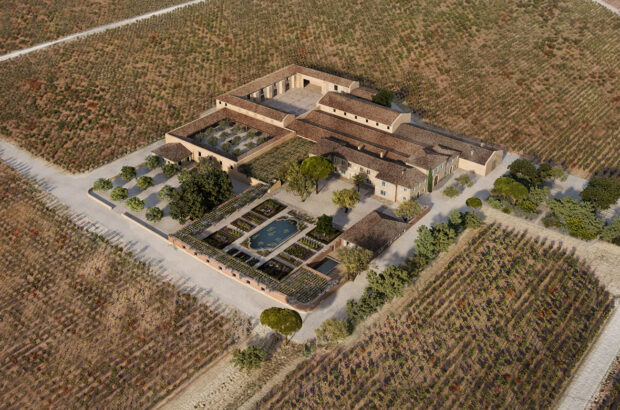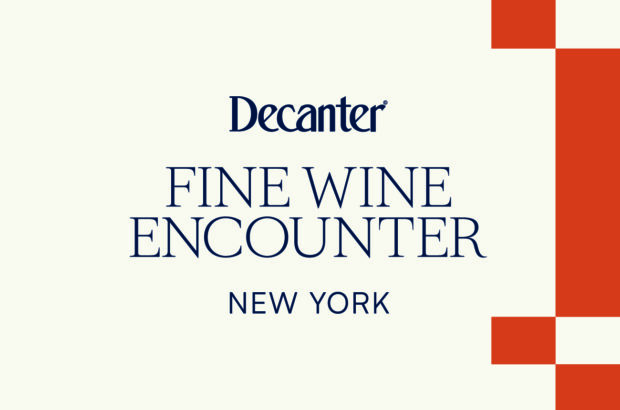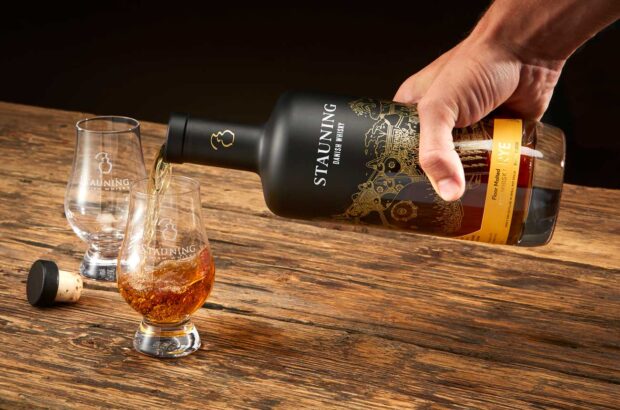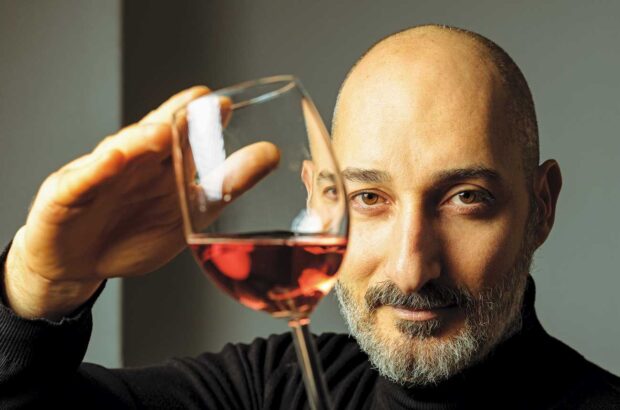A majority of merchants surveyed by fine wine index Liv-ex believe that prices will edge upwards in the remainder of 2013, but experts warn the market is still weak.
Liv-ex said 87% of those surveyed forecast higher prices on the group’s flagship Liv-ex 100 index, which tracks the world’s 100 most sought after fine wines and is dominated by Bordeaux.
Around a third of the exchange’s 420 merchant members participated, producing a consensus estimate that Liv-ex 100 will finish 2013 4% higher than its current level of 273 points. It hit a peak of 365 in June 2011.
Liv-ex co-founder Justin Gibbs said muted optimism was a good way of describing merchants’ responses to the survey. ‘What’s encouraging is that we have now had a whole year in which the market has held its nerve,’ he told decanter.com.
But, he warned that, two years since the Chinese investment bubble around Bordeaux first growths burst, the market is still ‘on its knees’. Prices have spent 2013 ‘bouncing around on the floor’, especially following a second consecutive poor en primeur campaign in Bordeaux.
Added to this, he said, ‘not only is [Bordeaux] 2013 going to be the smallest release in 20-odd years, it’s also going to be pretty poor. Bordeaux is going to have to drop its prices again.’
However, he said the return to more ‘sensible’ pricing for top Bordeaux is a good thing, because it may help to re-energise buyers who have stayed out of the market over the past two or three years.
In the midst of Bordeaux’s travails, investors have turned their sights to other regions, most notably Burgundy, Champagne, Tuscany and the Rhone. Two years ago, Bordeaux made up 95% of trades on Liv-ex by value, but that figure is now 78%.
‘The first eight months of this year in Hong Kong has been totally Burgundy,’ said Simon Staples, Asia sales director for Berry Bros & Rudd, at a special London screening of the film Red Obsession, which deals with the relationship between Chinese investors and Bordeaux, focusing especially on first growths.
The problem, according to both Staples and Gibbs, is that Burgundy and other Bordeaux alternatives often lack the volumes to sustain supply.
Written by Chris Mercer



